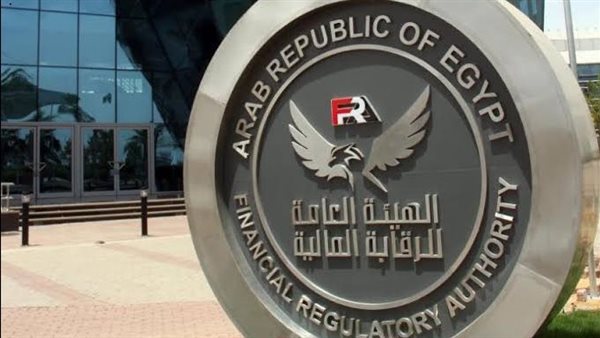
The Board of Directors of the Financial Supervision Authority issued Resolutions No. 174 and 175 of 2024 regarding the development of quality and behavioral rules for the work of auditors registered in the Authority’s records.
The rules stipulated in the two decisions will enter into force as of the first of January of the year 2026, and they include workers in the activity of monitoring accounts in the non-banking financial sector, and includes workers in companies listed on the stock exchange, insurance, real estate financing, financial leasing and factoring, consumer financing, microfinance, and public funds. Private insurance and companies operating in the financial market are registered in the records of the Financial Supervision Authority.
Resolution No. 174 of 2024 regulates the quality control rules that auditors registered with the Authority must adhere to, in a way that ensures employees’ compliance with professional rules, legal and regulatory requirements, the adequacy of reports issued by accounting offices, and supports governance procedures in accounting offices. The decision includes, for example, no An inventory, rules on the application and adherence to relevant requirements, a statement of the elements of the quality control system, and the responsibilities of the office’s senior management towards the quality of assignments, acceptance of assignments and continuing relationships with clients.
As for Resolution No. 175 of 2024, regarding the ethics and conduct that auditors registered with the Authority must adhere to, it regulates the ethics and conduct of practicing auditing activity in keeping with international rules and the rules of professional conduct. It regulates, for example, and is not limited to, adherence to the rules and conduct of those practicing the accounting and auditing profession. The basic principles and standards of independence.
The two decisions come within the framework of the role assigned to the Financial Supervisory Authority, which is to supervise and control non-banking markets and financial instruments, and provide means and systems and issue rules that guarantee the efficiency of these markets and the transparency of the activities practiced in them, and to complement the efforts undertaken by the Authority to improve levels of transparency and combat corruption, and to enhance Levels of financial system stability, and to achieve greater openness of the non-banking financial sector to the global economy.



